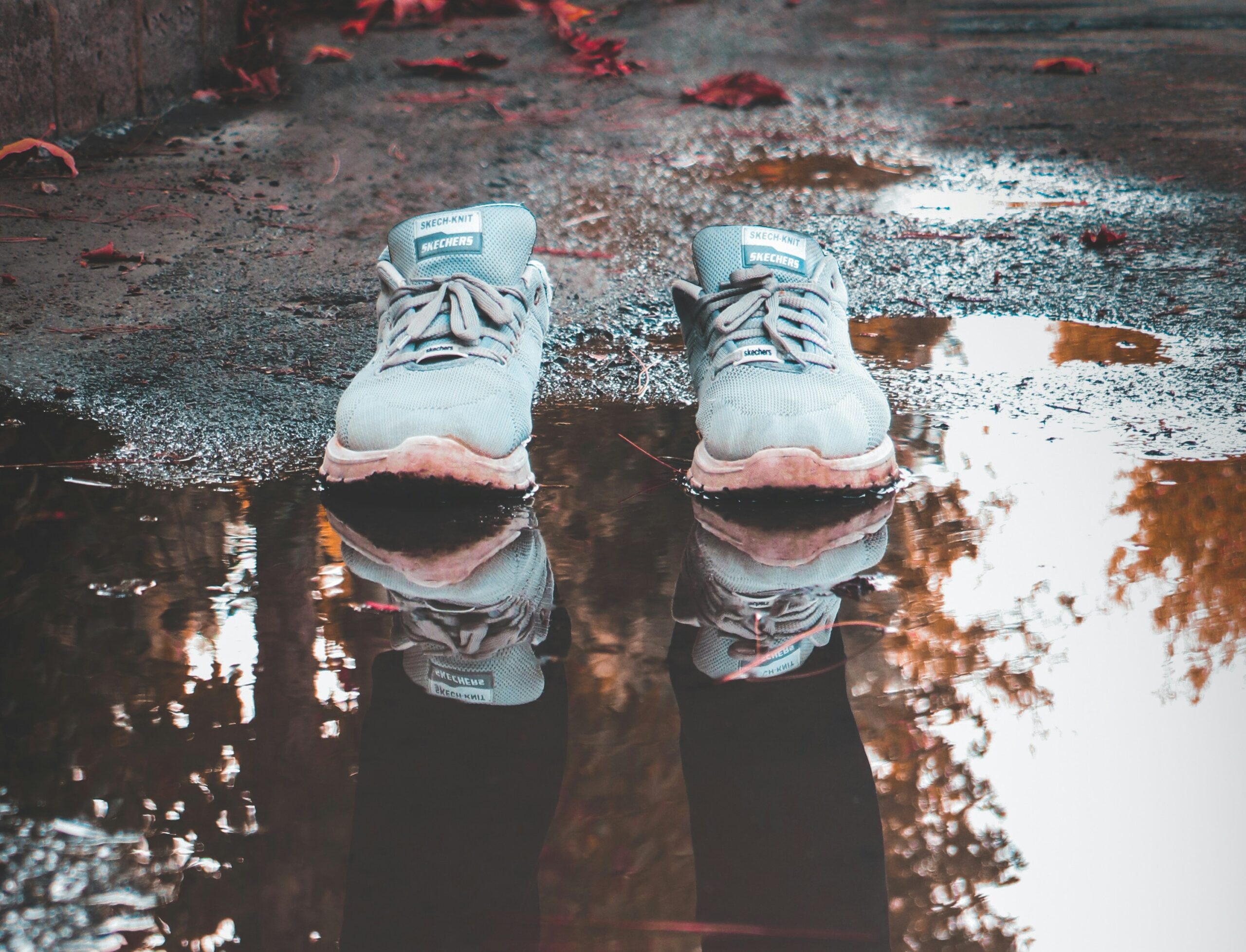Tech startup BioLocks is under fire after revelations that its flagship product, a shampoo advertised as uniquely tailored to customers based on their DNA, was instead formulated using customers’ basic demographic data—primarily ethnicity. The company is now facing a class-action lawsuit for false advertising and potential violations of consumer protection laws.
BioLocks launched its “Only Yours” brand shampoo to great fanfare three years ago, claiming to revolutionize the haircare industry by using cutting-edge genomics to create bespoke formulations for each customer. Customers were required to provide a small saliva sample, which the company purportedly analyzed to determine genetic factors influencing hair type, texture, and overall health.
The controversy erupted after a former employee, speaking under the pseudonym Alex Carter, leaked internal documents revealing that BioLocks’ DNA testing process was a sham. According to the whistleblower, the company’s so-called personalized formulas were determined not by genetic analysis but by basic demographic data such as age, gender, and ethnicity.
“It was all smoke and mirrors,” Carter alleged. “Customers believed their DNA was being used to create something unique, but in reality, we were throwing the swabs away and assigning them one of just five generic formulations, plus a fragrance determined by gender.” Further investigation of the internal company documents revealed that the shampoo formulations were intended to correspond to broad ethnic categories.
A class-action lawsuit filed in a New York court alleges that BioLocks engaged in deceptive business practices and violated consumer trust. Plaintiffs argue that the company exploited sensitive personal data—that is, DNA samples—under false pretenses, and failed to deliver on its core promise of individualized care.
“This is not just about false advertising; it’s about the misuse of genetic data,” said lead attorney Lisa Mendez. “We already know that they lied about what they were doing with the DNA samples they received, so who’s to say what their real intentions were?”
The revelations have sparked outrage among BioLocks’ customers, many of whom feel betrayed by the company’s actions.
“I thought I was investing in a product that would finally address my unique hair needs,” said Rachel Liu, one of the plaintiffs in the case. “Instead, I was given a generic shampoo based on, let’s be honest, racism. It’s insulting and infuriating.”
In a statement released following the lawsuit, BioLocks denied any wrongdoing and defended its business practices.
“BioLocks is committed to innovation and transparency,” the statement read. “Our formulations are developed using a combination of scientific research and customer-provided data to deliver high-quality haircare solutions. We stand by the efficacy of our products and will vigorously defend against these unfounded allegations.”
The BioLocks controversy has sent shockwaves through the beauty and wellness industry, which has increasingly embraced personalization as a key marketing strategy. From skincare to dietary supplements, companies are leveraging AI and genetic testing to offer bespoke solutions, often at premium prices.
“Trust is the cornerstone of the beauty industry,” said Karen Wilson, a brand consultant. “Once that trust is broken, it’s incredibly difficult to recover.”





